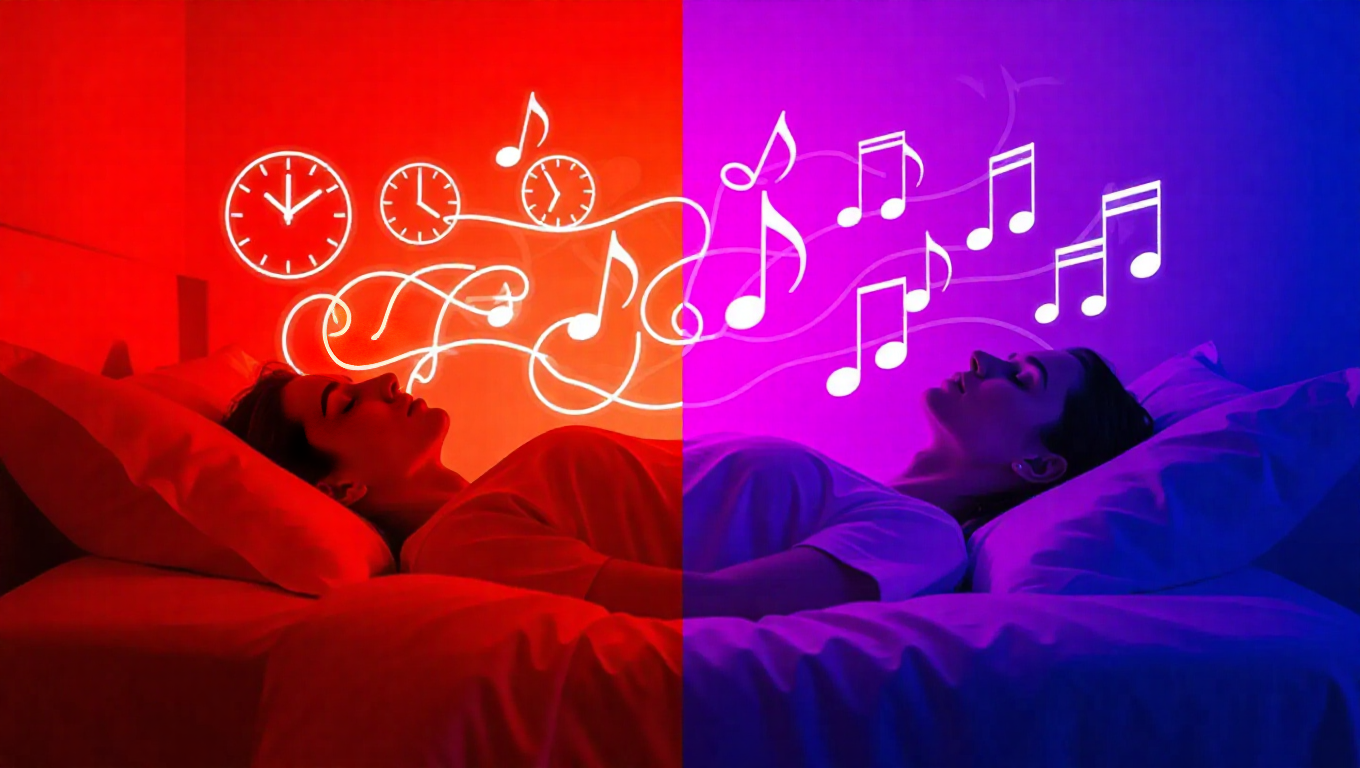Histamine and Burnout: The Hidden Link Between Stress, Sleep, and Brain Alertness
Do you toss and turn at night even when you’re exhausted? Does your mind stay alert while your body feels drained? Burnout may be affecting an unexpected player in your brain: histamine.
Most people think of histamine as a mediator of allergies, but histamine also act as neurotransmitters in the brain. They control wakefulness, alertness, and energy levels. Burnout can disrupt histamine pathways, leading to poor sleep and worsening exhaustion.
This blog will explore what histamine does in the brain, how burnout affects them, and why many people overuse antihistamines to force sleep.
What Is Histamine?
Histamine is an organic compound that acts as both:
A chemical involved in immune system responses (allergies, inflammation)
A neurotransmitter in the brain that regulates sleep-wake cycles, body temperature, and appetite
When histamine levels are balanced, they keep you alert during the day and allow you to sleep at night. When histamine is out of balance, insomnia and fatigue often follow.
Brain Histamine Pathways
The brain’s histamine system originates from the tuberomammillary nucleus (TMN) in the posterior hypothalamus. From there, histaminergic neurons project to:
Cerebral cortex: Controls cognition, alertness, and decision-making
Hippocampus: Regulates learning and memory
Amygdala: Influences mood and emotional responses
Brainstem: Supports wakefulness and regulates autonomic functions
The histamine system works alongside other arousal systems like norepinephrine, serotonin, and dopamine to keep you awake and mentally sharp.
How Burnout Disrupts Brain Histamine
1. Chronic Stress Overstimulates Histamine Production
Ongoing stress can hyperactivate the hypothalamus, increasing histamine levels and leading to excessive wakefulness.
2. Impaired Sleep-Wake Regulation
When histamine production stays high at night, it prevents the body from transitioning into deep sleep stages.
3. Disrupted Circadian Rhythm
Cortisol imbalances from burnout interfere with histamine’s normal rhythm, creating irregular sleep-wake cycles.
4. Heightened Sensitivity to Stimuli
Excess brain histamine can make you more sensitive to noise, light, and other stimuli that keep you awake.
Symptoms of Histamine Imbalance in Burnout
Why Antihistamines Are Overused as Sleep Aids
Many people struggling with burnout-related insomnia turn to over-the-counter antihistamines. Medications like diphenhydramine (Benadryl) and doxylamine are sedating because they block histamine receptors in the brain.
While antihistamines can help people fall asleep, their use comes with risks:
Tolerance develops quickly (they stop working as well)
They cause morning grogginess and cognitive dulling
Prolonged use may worsen sleep architecture, preventing deep restorative sleep
They don’t address the root cause: chronic stress and histamine imbalance
This overuse is common because people confuse temporary symptom relief with long-term sleep restoration.
Why Histamine Matters in Burnout
When histamine levels remain high due to chronic stress:
The brain stays stuck in "alert mode"
Sleep becomes lighter and more fragmented
Mood swings, anxiety, and cognitive difficulties increase
This creates a vicious cycle: poor sleep worsens burnout, which keeps histamine levels elevated.
Can You Rebalance Brain Histamine Naturally?
Yes. The body’s histamine system can reset with the right strategies.
1. Practice Sleep Hygiene
Go to bed and wake up at the same time daily
Avoid screens and bright light 1-2 hours before bed
2. Manage Stress Levels
Meditation, mindfulness, and gentle yoga help calm the nervous system and reduce stress-driven histamine surges
EEG-guided sound therapy like MelodiaSync can promote deep relaxation
3. Avoid Histamine-Rich Foods in the Evening
Some fermented, aged, or processed foods may worsen histamine-related symptoms
4. Get Natural Daylight
Morning sunlight exposure helps reset your circadian rhythm and reduce nighttime histamine activation
5. Limit Antihistamine Dependence
Only use under medical supervision and focus on restoring natural sleep cycles
Breaking the Cycle
Burnout disrupts your brain’s histamine system, keeping you in a state of hyper-alertness that blocks sleep and worsens exhaustion. Over-the-counter antihistamines offer short-term relief but may prolong the problem.
The good news: your body can rebalance itself. Through proper sleep hygiene, stress reduction, and wellness tools like MelodiaSync, you can calm your brain, sleep deeply, and feel like yourself again.
Your rest is your reset. Reclaim it.
Disclaimer: This blog post is intended for informational purposes only and does not constitute medical advice. Please consult a qualified healthcare professional for any medical concerns or treatment decisions.



